Blogs and Free Resources
Here at РЎтттЅКУЖµ, our mission is to provide professionals like you with FREE practical and valuable tools, strategies,
and resources to assist with the great work you do. Find expert tips, helpful worksheets, demonstration videos, CE, news,
and more here. Happy learning!
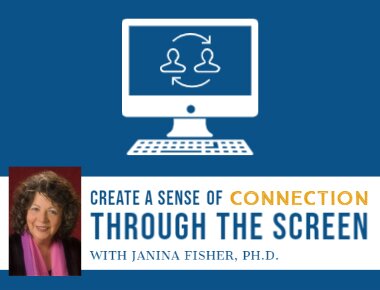
Create Connection from a Distance: Making Telehealth Relational
Janina Fisher, PhD shares her pro tips for transcending the limitations of telehealth and establishing a sense of closeness with your clients.
Now that distance therapy is the “new normal” when treating clients, knowing how to create a sense of connection through the screen is essential. In this short video, trauma treatment expert Janina Fisher shares her pro tips for helping clients feel engaged, listened to and understood—no matter where you are.
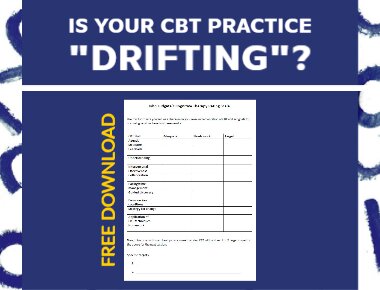
Are you practicing CBT to the best of your ability?
Discover tools and assessments to help determine if your CBT practice is “drifting”
John Ludgate, Ph.D. shares his Cognitive Therapy Rating Scale to help therapists check-in on their own implementation of CBT and set goals for themselves for upcoming sessions.

Dr. Richard Schwartz: Wake Up Calls and Trail Heads
How COVID-19 is affecting our parts.
Dr. Richard Schwartz, founder of IFS, speaks on how COVID-19 is a triggering situation that has an array of effects on all of our parts and how this is a wakeup call not just for us personally, but also for the planet, countries, and corporations.
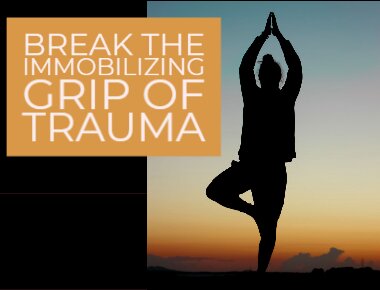
How Yoga Promotes Both Top-Down and Bottom-Up Regulation in Trauma Survivors
Discover how yoga can discharge memories stored in the nervous system of trauma survivors
Irina Diyankova, PhD, RYT-200 reveals how yoga stimulates both top-down and bottom-up regulation, which can help trauma survivors reset their nervous systems back to baseline.

CBT for Couples
FREE worksheet to improve communication, navigate problems, and build strong relationships.
John Ludgate, Ph.D., F.A.C.T., shares his powerful, FREE CBT for Couples worksheet. So, if you’re a clinician who works with relationship issues, you’ll want this hands-on, practical tool today.
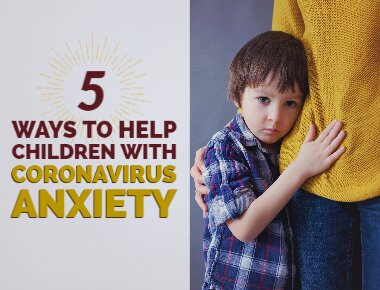
5 Ways to Help Children with Coronavirus Anxiety
Are the children in your life noticing your increasing tension?
While we can’t eliminate the transmission of our own anxiety to the children in our lives, we can mitigate the impact in some significant ways. Here’s how.
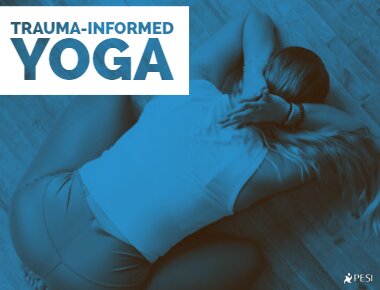
A Single Goal: How the Aim of Yoga and Mental Health Counselors are One and the Same
Discover how the ancient practice of yoga fits in perfectly with trauma treatment
Debra Premashakti Alvis, PhD provides a short summary of yoga philosophy and reveals why it’s a fantastic complementary therapy for trauma survivors.
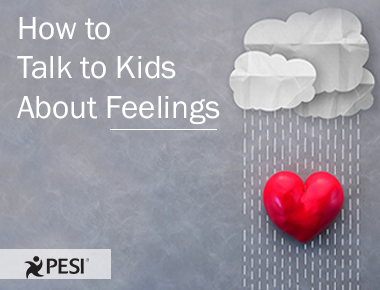
How to Talk About Feelings with Kids
Watch the Balloon Metaphor Demonstration
We keep holding onto the feelings and eventually we're going to pop. Instead, let's let it out little by little.
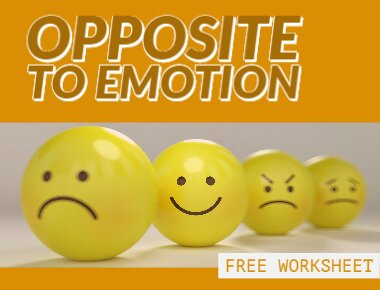
Get your clients UNSTUCK
Free DBT Opposite to Emotion Worksheet
Lane Pederson – Opposite to Emotion, often referred to in DBT by O2E (oh-2-ee), recognizes that emotions pull us into “mood congruent” behaviors that get us stuck. When mood congruent behaviors strike, O2E is the heavy-hitting answer clients go to… help your clients get UNSTUCK from prolonged and overly intense emotional states with this approach.
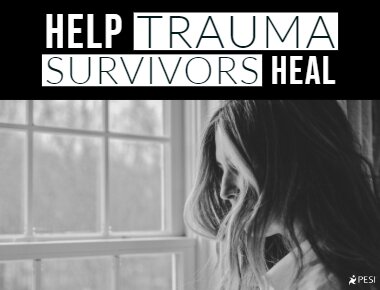
How Trauma Creates Narrow “Windows of Tolerance” in Survivors
Why trauma survivors react dramatically to stimulus, and how you can help them handle stress in healthy ways
Trauma survivors can struggle to self-regulate and control their responses to everyday stressors and the unexpected. In this short video, Irina Diyankova, Ph.D., RYT-200 reveals why trauma survivors are more prone to extreme reactions to stress such as rage, binge drinking and self-harm.

